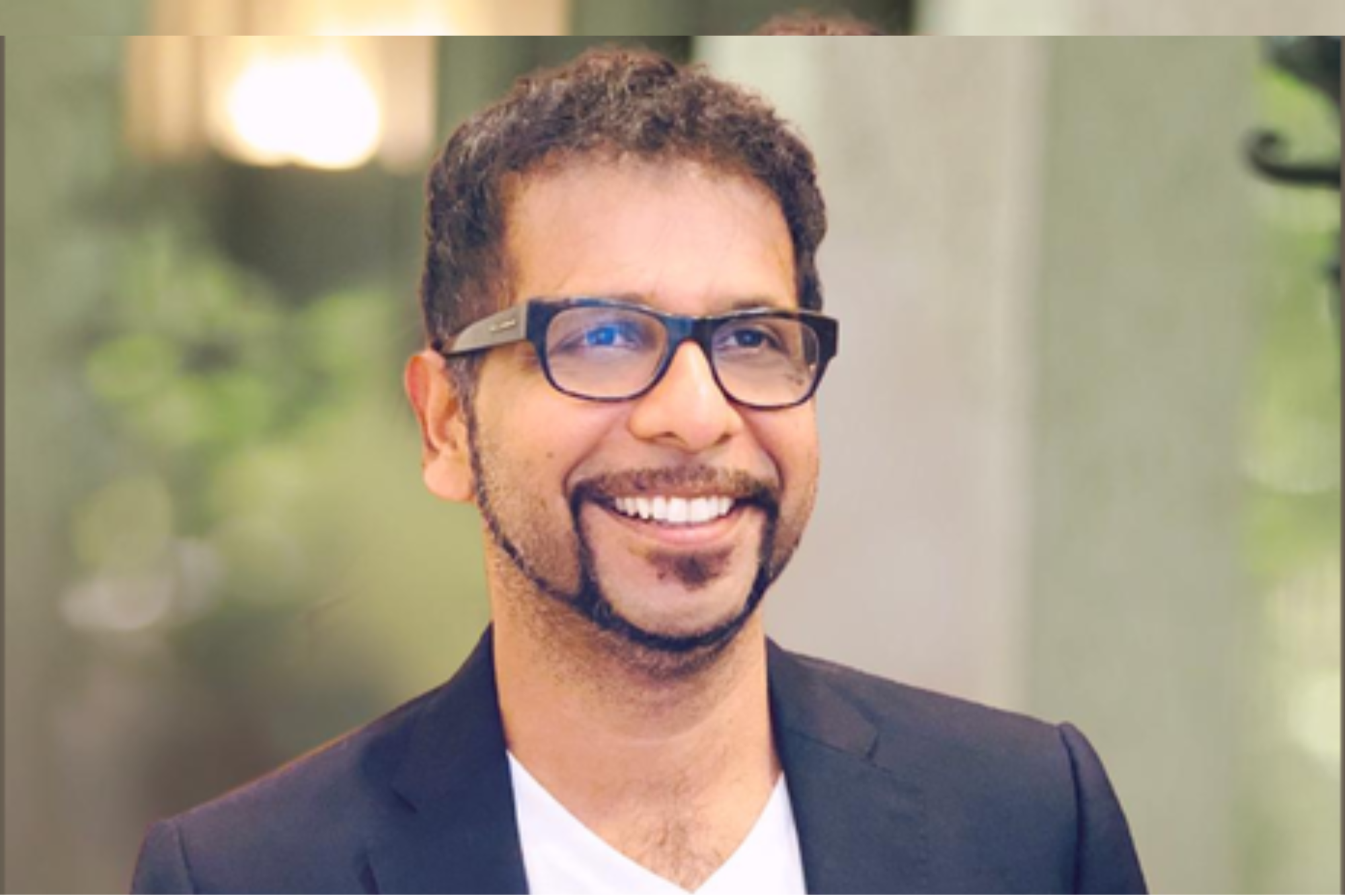Elon Musk-led Tesla Signs a Strategic Deal with Tata Electronics for Semiconductor Chips With Tata Electronics in India, Tesla may have inked a significant deal that would allow it to purchase certain essential semiconductor chips for its global electric vehicle operations.
You're reading Entrepreneur India, an international franchise of Entrepreneur Media.

One of the top US-based electric vehicle (EV) companies, Tesla, is planning to enter India, which is the fastest-growing automotive market globally.
The Economic Times reported that Elon Musk-led Tesla has reached a strategic agreement with Tata Electronics to purchase semiconductor chips for its global operations. This action indicates that Tesla is becoming more interested in India than just generating local revenue.
Experts in the industry believe that this is a big step, even if neither Tesla nor Tata Electronics have made an official statement regarding the terms or worth of the deal.
On his trip to India this month, Elon Musk is expected to have a meeting with Prime Minister Narendra Modi. But the nature of this meeting's agenda has not been made apparent. Musk may make announcements about possible investments, such as plans to build EV production facilities in India, during his visit.
It is projected that Tesla will invest between USD 2 and USD 3 billion in India to produce electric vehicles, a move that reflects the nation's growing interest in EVs for personal mobility.
Although Tesla may first concentrate on premium electric models for the Indian market, they have already begun working on mid-range EVs and are looking at possibilities for producing entry-level EVs locally.
In the meantime, Tata Electronics has been enhancing its personnel by bringing in top-level expatriates to support its design, strategic planning, and semiconductor technologies. With a USD 14 billion investment, the platform has established semiconductor production facilities in Tamil Nadu, Gujarat, and Assam. It has big aspirations to expand even further.
Tesla is in line with its post-COVID plan by expanding its sourcing alternatives for essential components outside of China. Although the company produces some electric components in-house, it purchases subassemblies and other parts from international sources.
In addition to highlighting India's increasing significance in the global semiconductor supply chain, the Tesla-Tata Electronics partnership establishes Tata Electronics as a major participant in the Indian semiconductor manufacturing ecosystem, with a team with more than a millennium of combined global domain experience driving the project forward.











